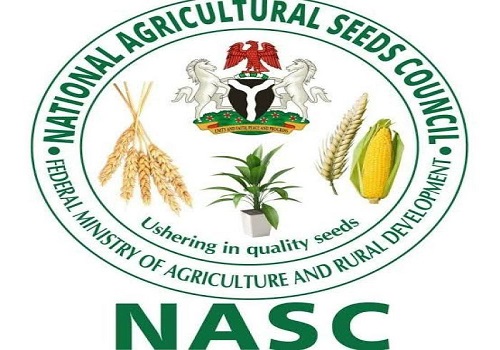189
The National Agricultural Seed Council (NASC) has confiscated assorted vegetable seeds from an agro seed dealer, Technisem Seed, during a seed inspection raid across the Federal Capital Territory (FCT) and Nasarawa State.
The confiscated assorted vegetable seeds are: 19 pieces of 50 grams, 35 pieces of 100 grams, 20 grams of sachet okro, 10 grams of hot pepper, 10 grams of papaya, 5 grams of hybrid hot pepper, 30 grams of cabbage, 5 grams of egg plant, 10 grams of betterave, 5 grams of broccoli, and 5 grams water melon.
The Director, Seed Inspectorate, Department of the Council, Agboola Adebayo, who led the team, said the seed dealer did not conform to the government Seed Act by selling uncertified seeds.
Adebayo said the exercise called ‘Sting Operation’ is usually conducted by NASC to periodically check on seed dealers nationwide, to see if they are operating in line with the system.
“We go out like that unnoticed so that we check on those that are doing it well. Those that are performing below standard, we checkmate and sanction them”, he said. He added that the NASC, through the SeedCodex system, is committed to ensuring the availability of good quality seed to farmers at an affordable price to improve agricultural productivity, increase household income, and contribute to food security.
He noted that it is important for both the players and the regulators to be on the same page for the good of Nigerian farmers, explaining that everyone should know what the law says about vegetable business in the country.
He said: “The SeedCodex is an authenticated scientific material which you need to apply and activate which takes a process. Everything will be completed, less than two weeks, you get it and it is activated, it is a kind of NAFDAC number for all seeds.
“The moment you see it on back of seed, it shows that the seed has been tested and certified okay by NASC. For those found wanting, they will be charged to court because the seed law gives permission for prosecution for contravening the law because it is an offence to sell seeds that have not gone through normal certification process.
Explaining further, he said the only way farmers can identify quality seed is by codex.
“Those seeds have a third party guarantee and if there is any problem with the seed, farmers have the course to come back to the council”, he added.


